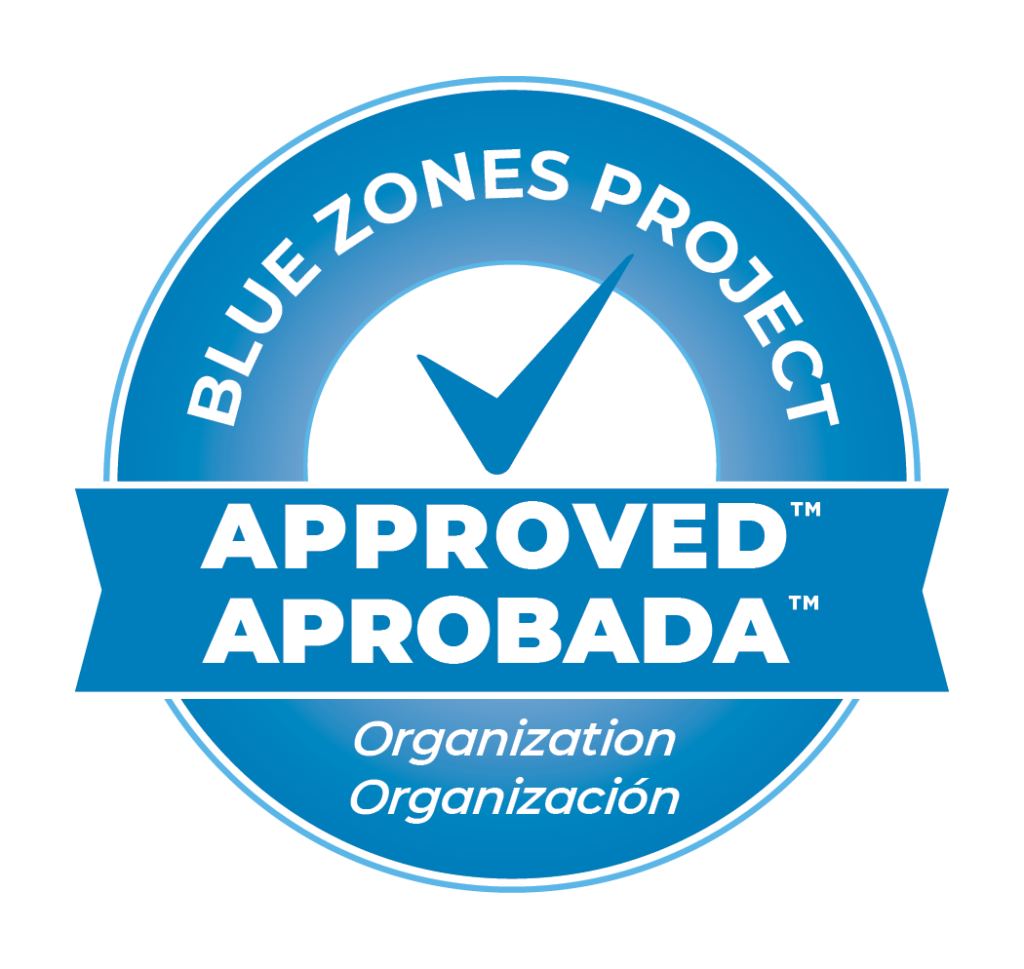[vc_row type=”in_container” full_screen_row_position=”middle” scene_position=”center” text_color=”dark” text_align=”left” overlay_strength=”0.3″ shape_divider_position=”bottom” bg_image_animation=”none”][vc_column column_padding=”no-extra-padding” column_padding_position=”all” background_color_opacity=”1″ background_hover_color_opacity=”1″ column_link_target=”_self” column_shadow=”none” column_border_radius=”none” width=”1/1″ tablet_width_inherit=”default” tablet_text_alignment=”default” phone_text_alignment=”default” column_border_width=”none” column_border_style=”solid” bg_image_animation=”none”][vc_column_text]In the past, people with mental illness were often discouraged from working, but today we understand that work is not only a possibility, but it can also play a vital role in recovery.
Although you will encounter roadblocks and setbacks on the road to recovery, working at something that is meaningful to you can bring you a sense of purpose that will anchor you.
According to a recent article, “Meaningful Work and Recovery” on the Mental Health America website www.mentalhealthamerica.net, meaningful activity expands your sense of self-worth by adding to your skills and helping you accomplish your personal goals and feel good about yourself. Meaningful activity, which includes school, volunteer work, part-time work and full-time employment, also enables you to meet new people and make friends.
We all need some form of meaningful activity in our lives and a means of supporting ourselves, but having a mental health condition can be an obstacle, the article says. Mental health conditions impact different people in various ways. Some people with mental health conditions may never stop working; others find that their condition interrupts their career, and still others may be able to do only limited work.
As people recover from a mental health condition, they also face varied challenges in relation to work. Some people with mental health conditions find that they are able, with minor accommodations, to work in the same way they did before. Others may have to re-enter work gradually. And people on disability benefits will need to observe back-to-work rules when employed.
No matter your situation and no matter the hurdles you face, hold on to your goals for yourself and keep striving to incorporate meaningful activity into your life.
It’s true, however, that having a mental health condition can pose some practical barriers to working, such as having breaks in your career, feeling unsure of yourself, or needing to ask for an accommodation such as time for doctors’ appointments. You can figure out strategies to work around these barriers, often with the help of friends, mentors or an employment specialist. The bottom line is: Don’t give up!
What are the qualities of a mental health friendly employer?
According to Mental Health America, mental health-friendly employer might have some or all of the qualities below:
- A Good Track Record. Employers who treat their employees with dignity and respect earn a good reputation. Ask people you know about any positive experiences they may have had with particular businesses that were especially accommodating. Ask your treatment team if they can recommend any local employers that stand out.
- Flexible Time and Scheduling. Businesses that allow employees to work outside of the typical hours of 9-5 have shown that they can balance worker and workplace needs to make employees more comfortable.
- Telecommuting and Part-Time. Employers who allow employees to telecommute and work from home on some or all days or allow people to work part time may be more accommodating.
- Time-off Benefits. You may want to consider an employer who offers a lot of sick and/or vacation leave or the ability to take “leave without pay.”
- Employee Assistance Program. An Employee Assistance Program (EAP) is a benefit that an employer provides where anyone who needs help can talk about his or her problems, confidentially by phone or in person. Some visits may be limited.
- Mental Health Benefits in a Health Plan. You can ask to see what kind of benefits an employer’s health plan includes. There may be different payment structures for mental or general health, depending on your employer’s size. You also might want to make sure that your mental health condition is covered and understand the process for mental health visits (if the plan restricts medication management or therapy).
- Short-Term and Long-Term Disability Plans. Short-term and Long-term disability can provide you 60% of your salary (including short-term disability) if a doctor decides you are too disabled to work. Some disability plans may also cover mental health conditions.
[/vc_column_text][/vc_column][/vc_row][vc_row type=”in_container” full_screen_row_position=”middle” scene_position=”center” text_color=”dark” text_align=”left” overlay_strength=”0.3″ shape_divider_position=”bottom” bg_image_animation=”none”][vc_column column_padding=”no-extra-padding” column_padding_position=”all” background_color_opacity=”1″ background_hover_color_opacity=”1″ column_link_target=”_self” column_shadow=”none” column_border_radius=”none” width=”1/1″ tablet_width_inherit=”default” tablet_text_alignment=”default” phone_text_alignment=”default” column_border_width=”none” column_border_style=”solid” bg_image_animation=”none”][nectar_btn size=”small” button_style=”see-through-2″ hover_text_color_override=”#ffffff” icon_family=”none” url=”https://donatenow.networkforgood.org/interiminc” text=”Make a Donation” margin_right=”20″][nectar_btn size=”small” button_style=”see-through-2″ hover_text_color_override=”#ffffff” icon_family=”none” url=”https://visitor.r20.constantcontact.com/manage/optin?v=001EHs8nXD-JT8ET9I6bsb8Qz7BUNzeIGewN9M0bWPLSO1vb6KhUV168Qp6OIkP7FuOYMz2uvZ7pG0qtRtFCH3YHmXOV6JzlwCt3KQLLK0zeCzh73fspqL3b2dh7K5EHbJ1BFijmpDPcZ26_NBdCLO91OrQhUZ0n9KZr1UlDW6kbT7l-cJ3yijW0c3vcA-B2DHfoDqzMzg2VS00sNw3tvQhMro182dM8Qqwy3HFVWfPT3BHZwlpBkwT4Q%3D%3D” text=”Sign up for our newsletter”][/vc_column][/vc_row]




